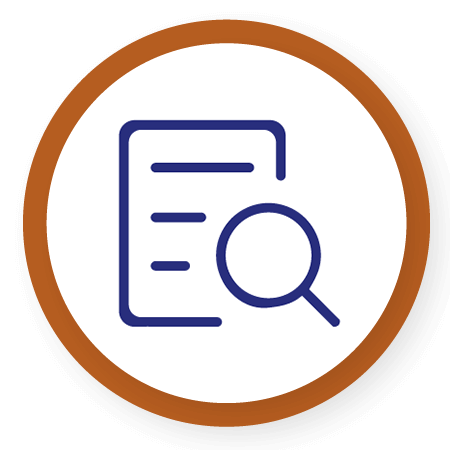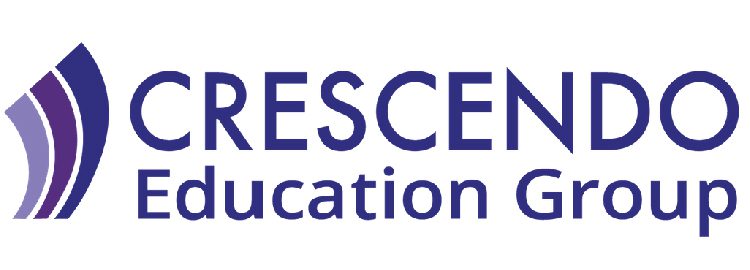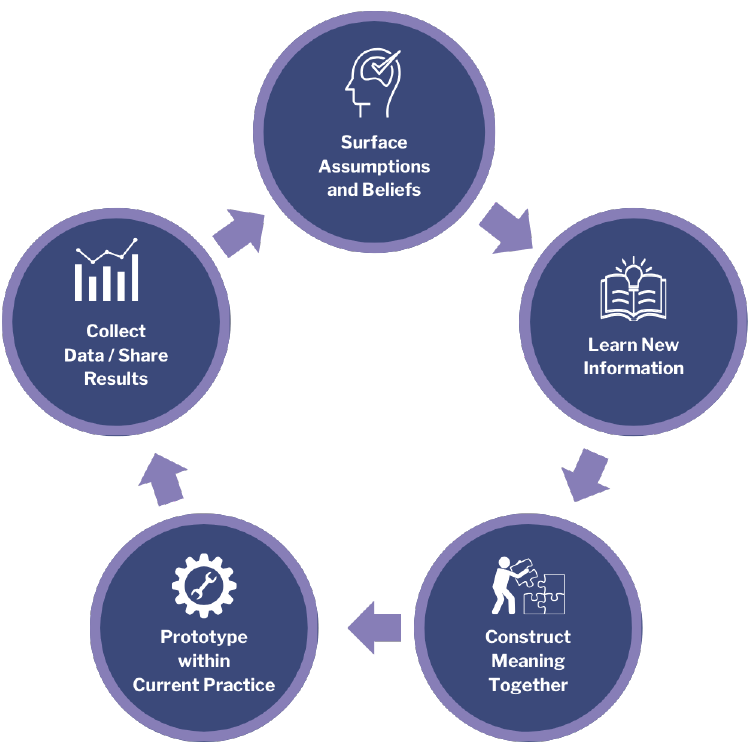Moving away from traditional grading isn’t easy and we are here to help. We’ve partnered with over 50 districts and schools in System Change Partnerships to provide multi-pronged support and collaboration to help improve grading throughout their system to more effectively and equitably support student learning.
During this program, we equip teachers to implement improved grading practices through a series of intensive workshops, individual coaching, and action research cycles in which they measure the impact of equitable grading in their classrooms and share results with colleagues. Alongside teacher-focused learning, we provide administrators with strategies and approaches to lead this work and engage families and students.
Our System Change Partnerships build the capacity of schools and districts to implement improved grading systems and to foster champions and advocates for this work. Depending on your needs and goals, our partnerships can last from one to five years to provide support for sustainable and enduring change that ensures every student will experience consistent, improved grading in every classroom.
Program Design
System Change Partnerships are tailored to meet the needs of your school/district and often include the following elements:

Grading Audit
Our audit offers insights into current grading practices across a school or district. Through surveys, policy reviews, and other sources, we identify strengths, opportunities, and recommendations. This audit informs our partnership and is a resource for leaders as they engage teachers and others throughout a system in the need for change.
Teacher Cohort Kickoff + Workshop Series
An intensive kick-off followed by regular workshops through the school year to build understanding and deepen knowledge about equitable grading practices, including practical application and support from expert facilitators.

Individualized Coaching
Teachers received 1:1 guidance and support as they learn and implement improved grading practices.
Teacher-Driven Action Research
Teachers choose the equitable grading practice to explore, draft an implementation plan, and collect data to measure the results for their students. With multiple cycles of action research throughout the partnership, teachers strengthen implementation and build evidence to justify policy development.
Leadership Support
We provide leaders with support and resources to implement effective strategies for equitable grading planning, communication, change management, and policy development. This can include asynchronous content, workshops, strategic advising, and coaching tailored to instructional coaches, site leaders, and central office administrators.
Community Engagement
We conduct interviews with students to ensure their voices guide and inspire improvements to grading practices. We also can provide information sessions for board members, union leaders, and the parent community.
Impact Reporting
We regularly communicate with our partners’ leadership to monitor our progress towards shared goals, make adjustments when helpful, and glean valuable insights into the impact of our systems change work together.
Inquiry-Based Design for System Change Partnerships
In our Systems Change Partnerships, we use an inquiry-based approach that is embedded directly in the day-to-day contexts of the teachers’ classrooms, and where the teachers work together to explore different grading practices. This method of professional development is not only proven through research to be one of the most powerful ways to improve teacher practice (e.g., Elmore), but teachers report that professional learning with us has been “the most authentic collaboration experience” they’ve had with their colleagues. And most importantly for students, Crescendo Education Group has a proven track record with improving grading practices that result in less grade inflation and higher student passing rates, and that give students a greater sense of agency and ownership for performance.
Impact of System Change Partnerships
Schools and districts that have participated in our System Change Partnerships have experienced significant results:
- District-wide changes to grading policy
- Course passing rate increases and, at the same time, less grade inflation
- Teacher-endorsed support for accurate, bias-resistant, and motivational grading practices
- Narrowing of achievement gaps
- Less stressful learning environments for students and teachers
Powerful Results to Drive Meaningful Change
- Through our work together, educational leaders and teachers improve grading practices to be more accurate, bias-resistant, and motivational, fostering a learning community of both excellence and equity for every student and teacher.
- 98% of teachers in our partnerships report that their changes to grading have improved learning for every student
- Teachers 5x more likely to use standards-based grading practices after our partnership
- 2/3 of our school / district partners made grading policy changes that ensured more consistent, accurate, and fair grading systemwide
Powerful Results to Drive Meaningful Change
Through our work together, educational leaders and teachers improve grading practices to be more accurate, bias-resistant, and motivational, fostering a learning community of both excellence and equity for every student and teacher.
98% of teachers report their changes to grading have improved learning for every student.
Teachers are 5x more likely to use standards-based grading practices after our partnership
Nearly ⅔ of our school and district partners made grading policy changes to ensure more consistent, accurate, and fair grading systemwide
Hear what teachers have to say about professional development

This was the most useful professional development that I have ever been a part of. The cohort style, coaching, and workshops all felt meaningful. I didn’t just reflect on my teaching, I redesigned my teaching because of this.

I loved being a part of this cohort in Grading for Equity! This is the first time I’ve fully incorporated what I’ve learned from PD into my teaching and STUCK with it!

I finally feel like the teacher I’ve always wanted to be. I feel so supported both by this PD and my school to let this part of my teaching philosophy shine through!
Are you ready to create positive change?
Learn how to take the next steps towards equitable grading practices.


